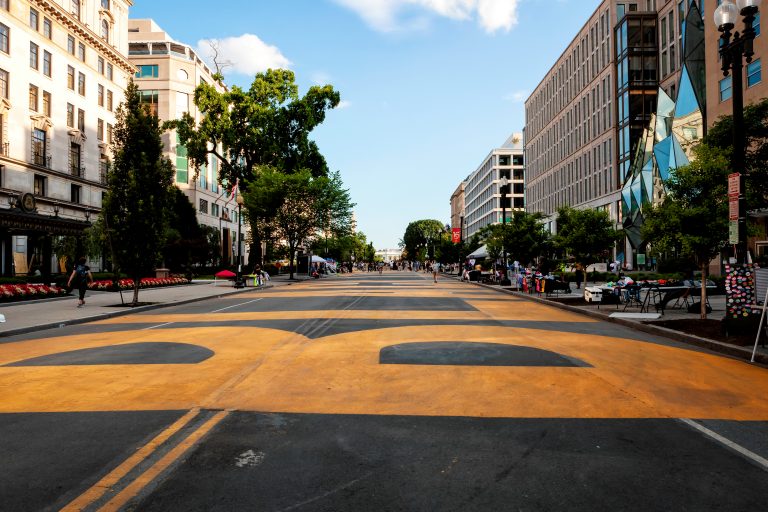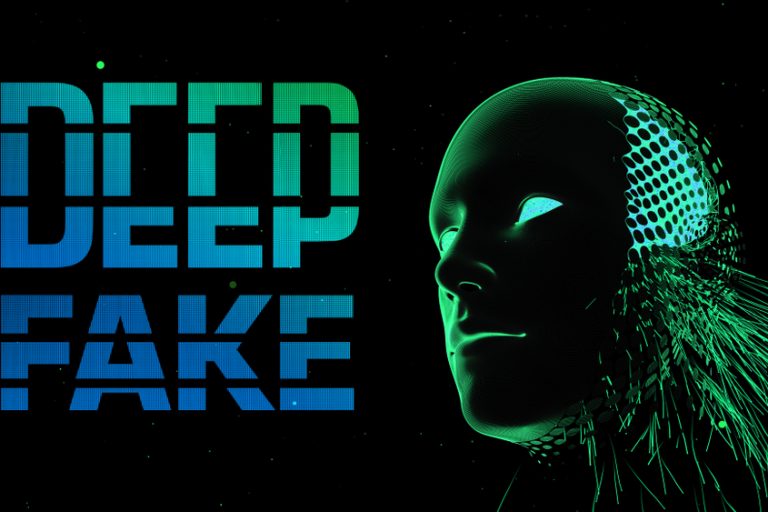My Three Cents

Makovsky
Thursday, May 8, 2014I recently served as a panelist for an advertising-public relations career seminar sponsored by Washington University of St. Louis and featuring executives in public relations, advertising and special events.
Someone in the audience questioned the panelists as to what strategies they would implement if Donald Sterling were their client, and they were trying to rebuild his reputation. Sterling is the Los Angeles Clippers’ General Manager whose derogatory racial remarks resulted in his recent ban from the NBA.
This one is tricky. Why? Primarily because the NBA banned Sterling for racial comments so abusive that it’s unlikely any ordinary apology would hold water. But let’s set aside that idea for a minute and focus on strategies that might work:
- First and foremost, I believe Sterling needs to keep a low profile and remove himself from the public eye. He must keep his mouth shut and his thoughts parked in his brain. He should be neither seen nor heard. The public memory of what he said and its impact may grow fuzzier over time.
- Adrian Wojnarowski, a writer with Yahoo Sports, has suggested selling the Clippers to Magic Johnson. He said, “It would be the greatest trade in sports ownership history… the ultimate cleanser in sports.” I agree. This could help.
- Should he make a public apology? I believe he should — but a different kind of apology than has been made to date. No one will believe a superficial, purely reactive “face value” apology. But they may be willing to listen to what I call a “heritage apology”…one in which an 81 year old man explains how he was taught prejudice as a child and, as an adult, he sometimes comes out with hateful and hurtful statements, without thinking — but in his heart, he does not feel as he spoke. The heritage apology must be a sincere and honest expression of how Sterling truly feels. The public can always spot a phony.
- As wrong as Sterling was to make the remarks he did, his friend, V. Stiviano, violated California law in not gaining mutual consent to record and publicly release those statements. This fact should not be invoked as a defense by Sterling (i.e., “I had no idea I was being recorded”). As a public figure, Sterling must come to terms with the reality that today’s media environment means no more secrets.
- If he is prepared to acknowledge his errors, we would urge Donald Sterling to take steps, immediately, to “do the right thing,” as discussed above. For example, the Department of Justice is investigating allegations that Sterling has been refusing to rent apartments in Beverly Hills and Koreatown to black people or anyone with children. That discriminatory activity must stop immediately.
- In my opinion, Sterling should definitely consider creating and/or supporting public service programs (e.g., distributing sports equipment to middle schools, offering scholarship to college graduates considering a career in sports medicine). But he should leave it to third parties to praise his generosity.
He should not be shilling his own good works, as he did recently when he took out an ad in the Los Angeles Times, announcing that UCLA was going to name a kidney lab after him and his wife and that a plaque honoring them would be featured in the lobby of a campus building. (UCLA spokeswoman Carol Stogsdill responded that the university never intended to do those things, even before the recent scandal broke.)
Donald Sterling is facing an unusually sensitive, complex and sticky crisis. I’d be interested in hearing what you, my readers, have to say about the best way to address it.











